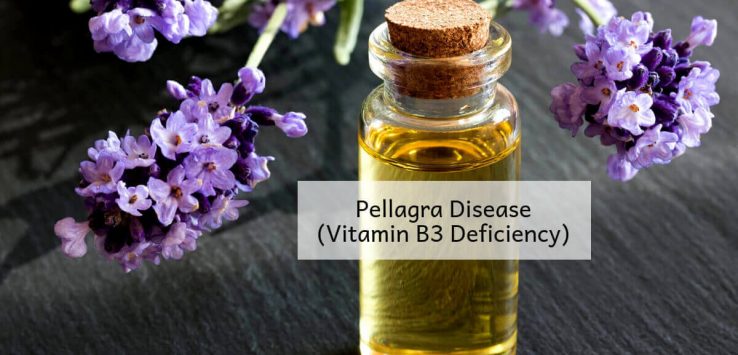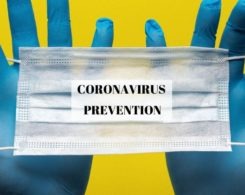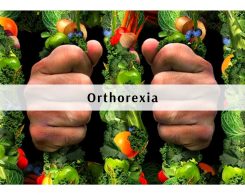- 3Shares
- 1. Lavender Essential Oil Soothes The Skin.
- 2. Aloe Vera Is Anti-Inflammatory.
- 3. Coriander Is A Natural Remedy.
- 4. Overcome Vitamin B3 Deficiency With Fenugreek.
- 5. Try Ginger Tea For Digestion.
Niacin deficiency, also commonly known as pellagra disease, is a condition that occurs due to Vitamin B3 deficiency. When there’s enough amount of niacin production and the body is unable to use it, this may turn from primary to secondary pellagra. And, there are three kinds of pellagra symptoms:
- Dermal symptoms: dry and inflamed skin
- Digestive symptoms: indigestion and other gustatory issues
- Dementia symptoms: loss of memory, confusion, and anxiety
If the pellagra disease is left untreated, it may be fatal to human health and lead to death. However, treatment is possible.
What Are The Pellagra Causes?
- Niacin deficiency (Vitamin B3 deficiency)
- Liver cirrhosis
- Hartnup syndrome
- Anorexia and malnutrition
- Gastrointestinal disease
- Carcinoid tumors
- Alcoholism
- Drugs like azathioprine and isoniazid
What Are The Pellagra Symptoms?
- 3 Ds: Diarrhea, Dermatitis, and Dementia
- Gastrointestinal problems
- Poor appetite
- Abdominal pain and indigestion
- Nausea, vomiting as well as malnutrition
- Red or brown, dry and flaky skin
- Rashes, itching, and burning sensation
- Sore or inflamed mucous membranes
- Depression, anxiety as well as confusion
- Memory loss, tremors, and restlessness
- Delusions
- Stupor, coma or even death
Pellagra Treatment
1. Lavender Essential Oil Soothes The Skin.
Since the herb is anti-inflammatory in nature, it soothes the pellagra symptoms. It helps prevent the burning sensation. Therefore, regular application of the lavender essential oil reduces itching as well as other pellagra symptoms.
2. Aloe Vera Is Anti-Inflammatory.
Since aloe vera gel is a moisturizing agent, it helps repair damaged skin cells and results in softer skin. Therefore, scoop out some fresh aloe vera gel and directly apply it on the affected areas twice every day.
3. Coriander Is A Natural Remedy.
The pellagra disease is treatable with a niacin dosage that’s also found in coriander leaves. Therefore, soak around 250g of coriander leaves in a cup of water overnight. Strain and consume the next morning to fight off Vitamin B3 deficiency.
4. Overcome Vitamin B3 Deficiency With Fenugreek.
Components like niacin, choline as well as thiamin are found in fenugreek seeds, making it a superfood for the pellagra disease treatment. Therefore, take about four teaspoons of fenugreek and boil them in a cup of water. Steep the mixture for 5-10 minutes and strain. Consume thrice daily to curb the niacin deficiency.
5. Try Ginger Tea For Digestion.
Since ginger is anti-inflammatory, antimicrobial as well as analgesic in nature, it’s extremely beneficial for the pellagra symptoms. A warming cup of ginger tea helps boost your immune system as well as clears any digestive issues. So, boil some dried ginger roots in a cup of water. Steep the tea for about 5 minutes and then strain. Drink twice daily.
Note: Articles on Ayurvedum are solely for the purpose of sharing the goodness of Ayurveda and bringing awareness on natural and healthy living. Please do not substitute it for professional medical advice. Ingredients discussed can interfere with certain medications. So, before using anything to treat yourself, always consult an Ayurveda doctor or practitioner.






Leave a Reply